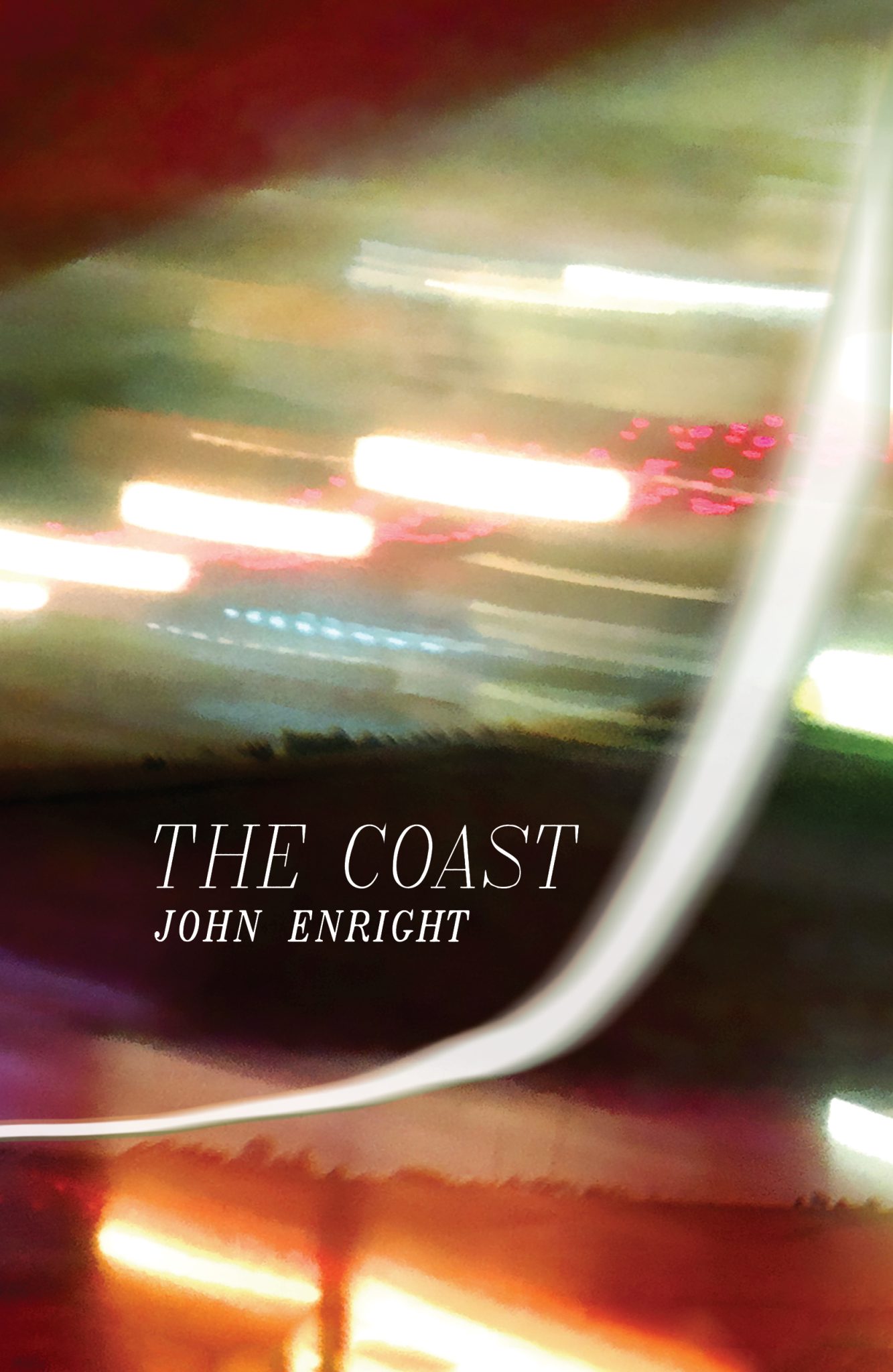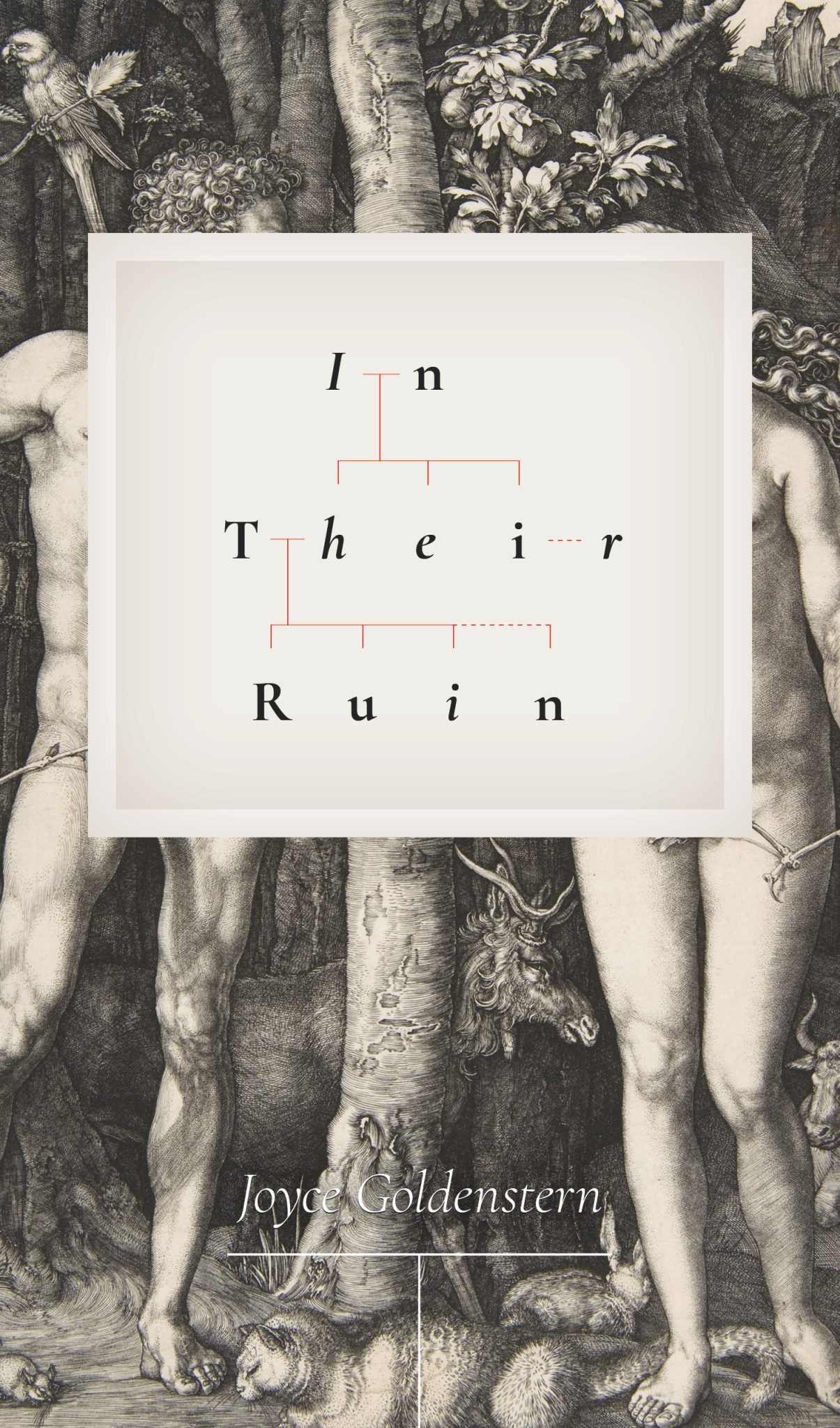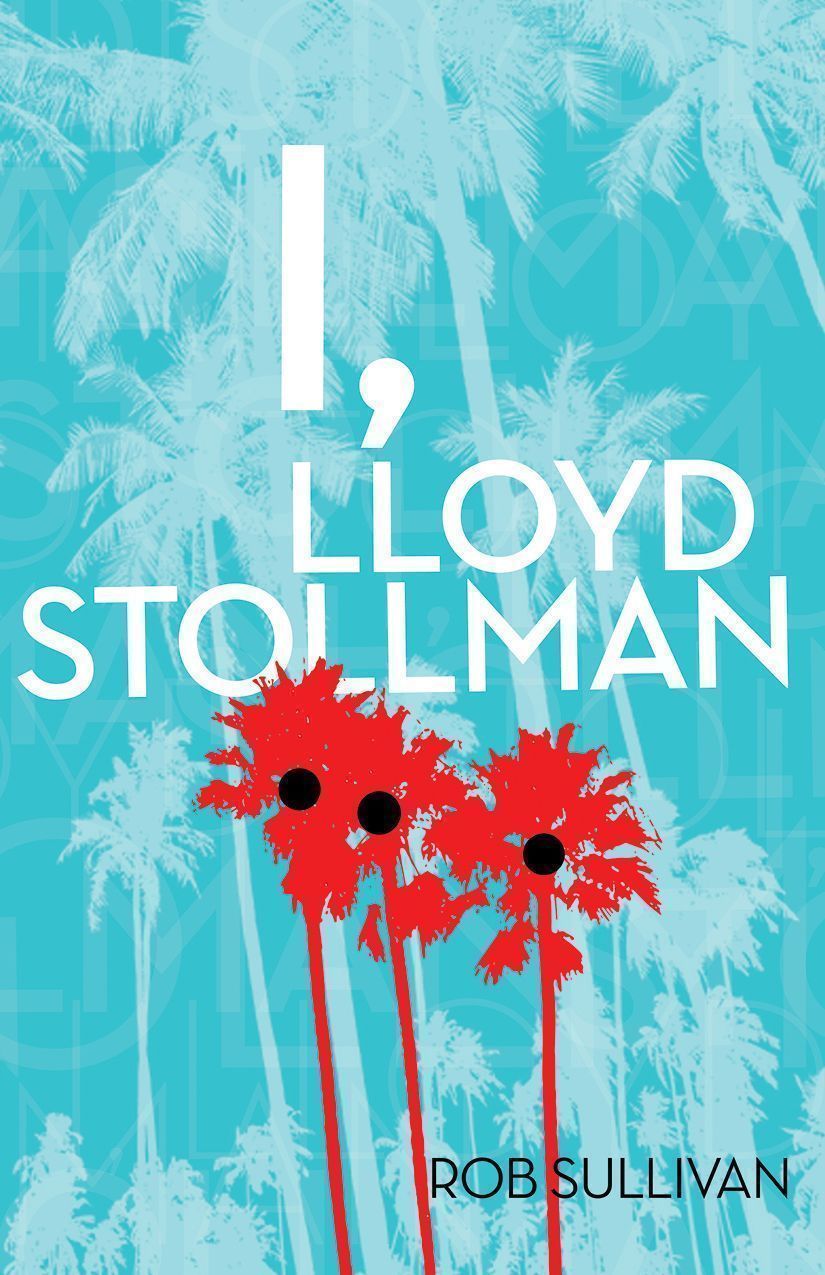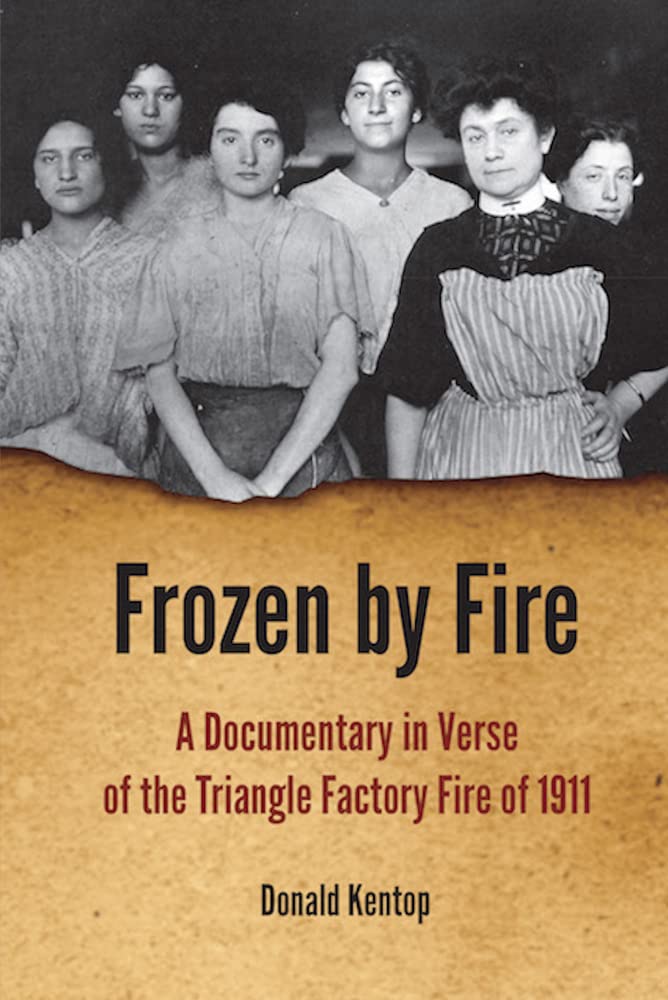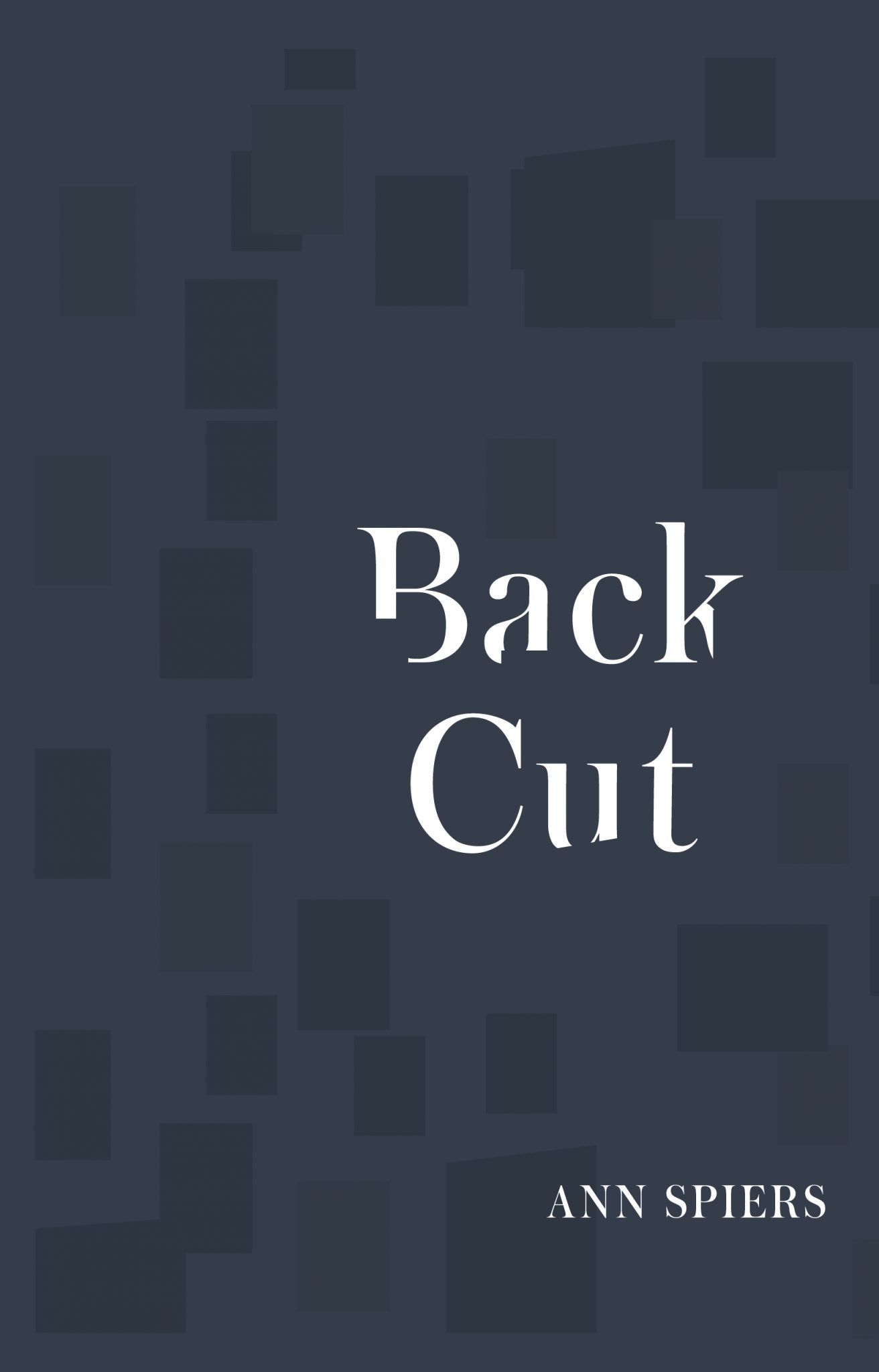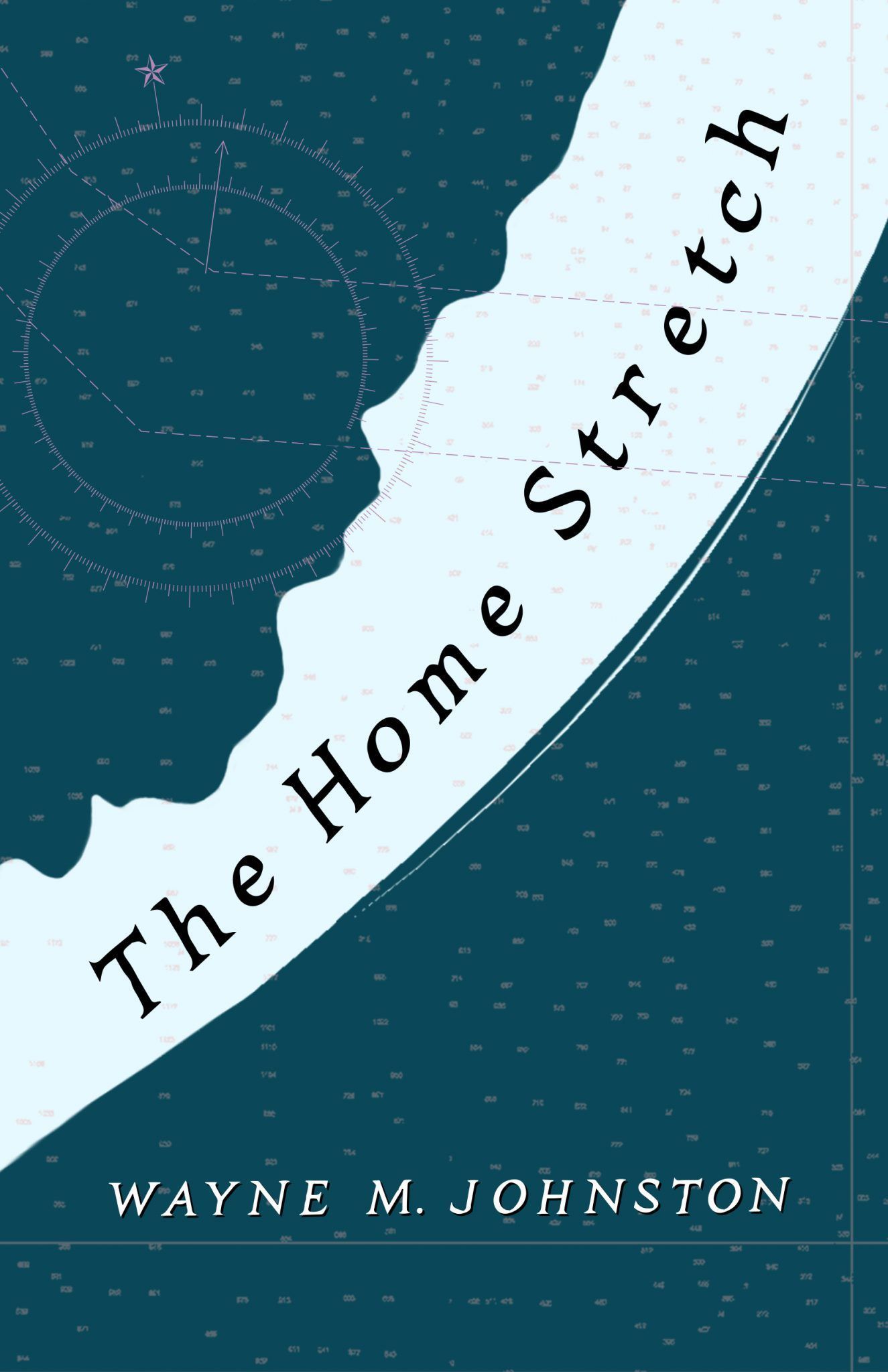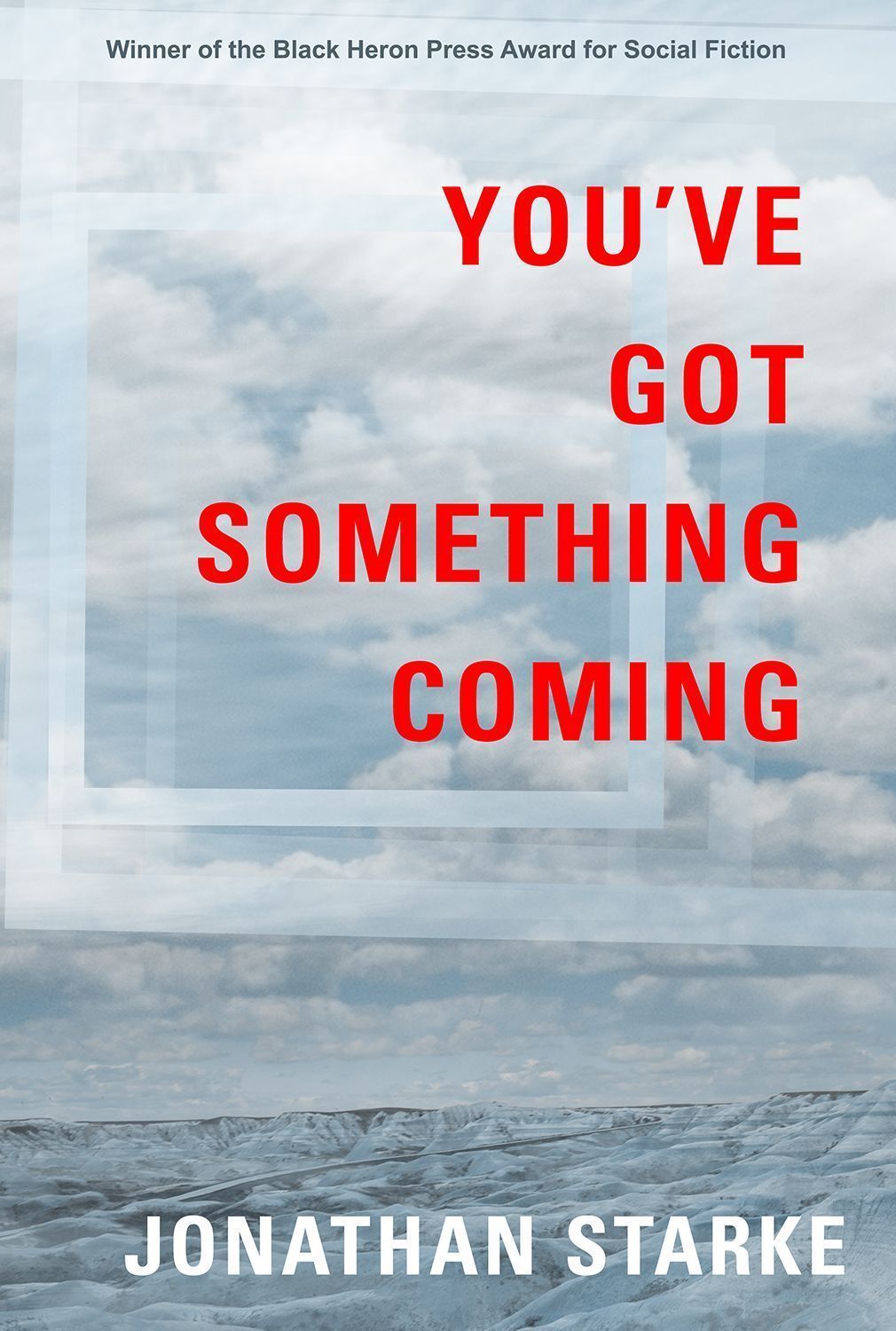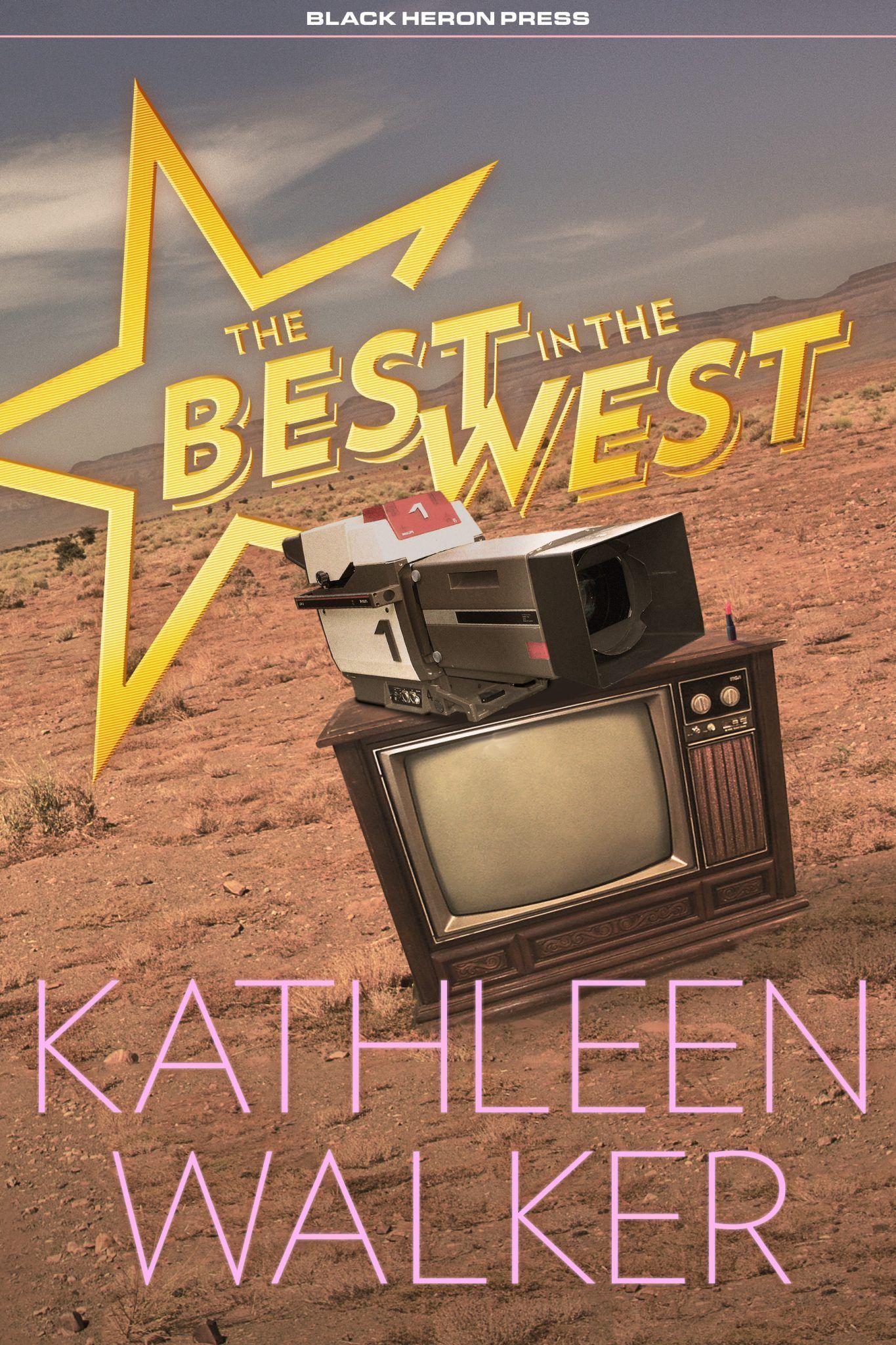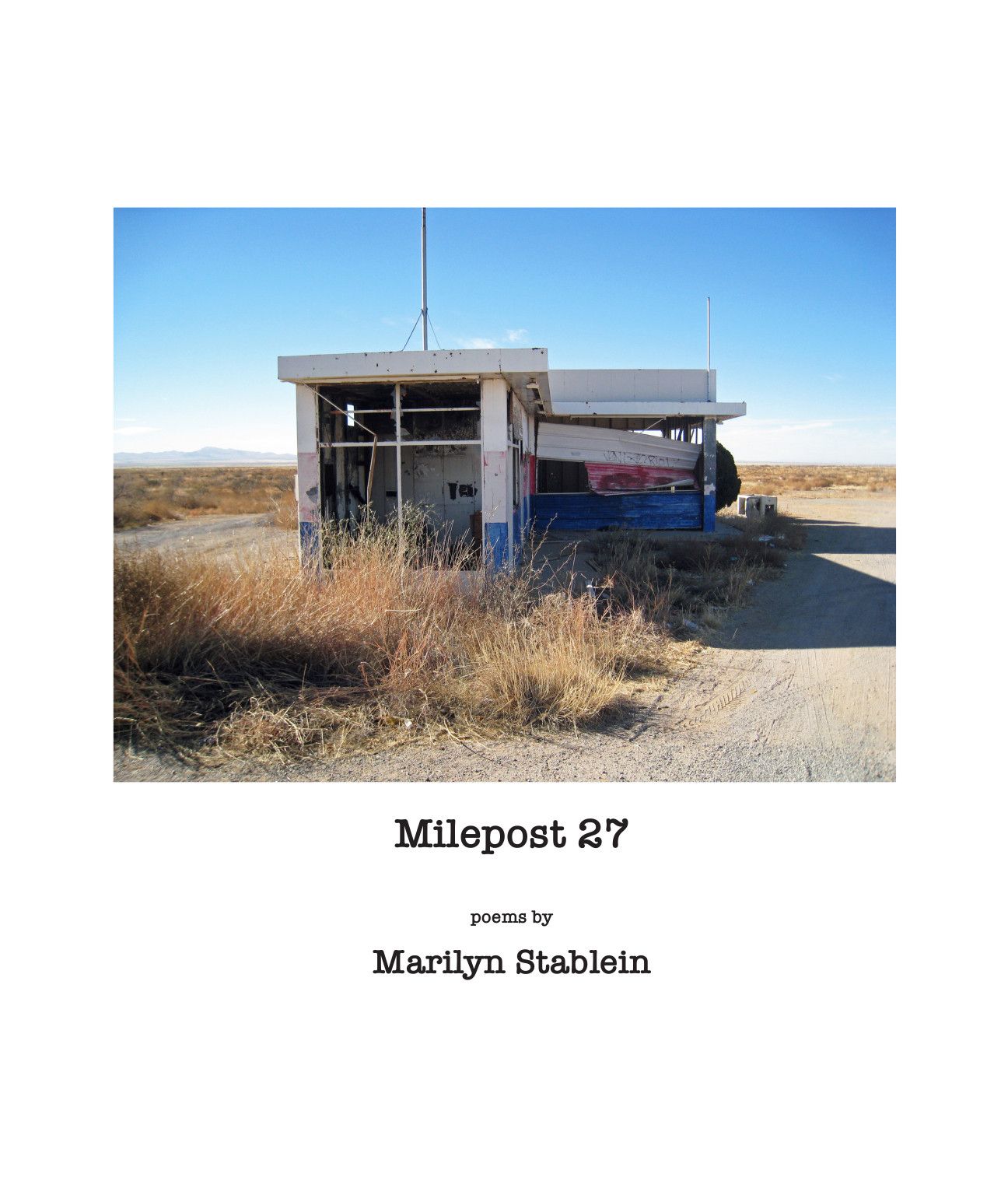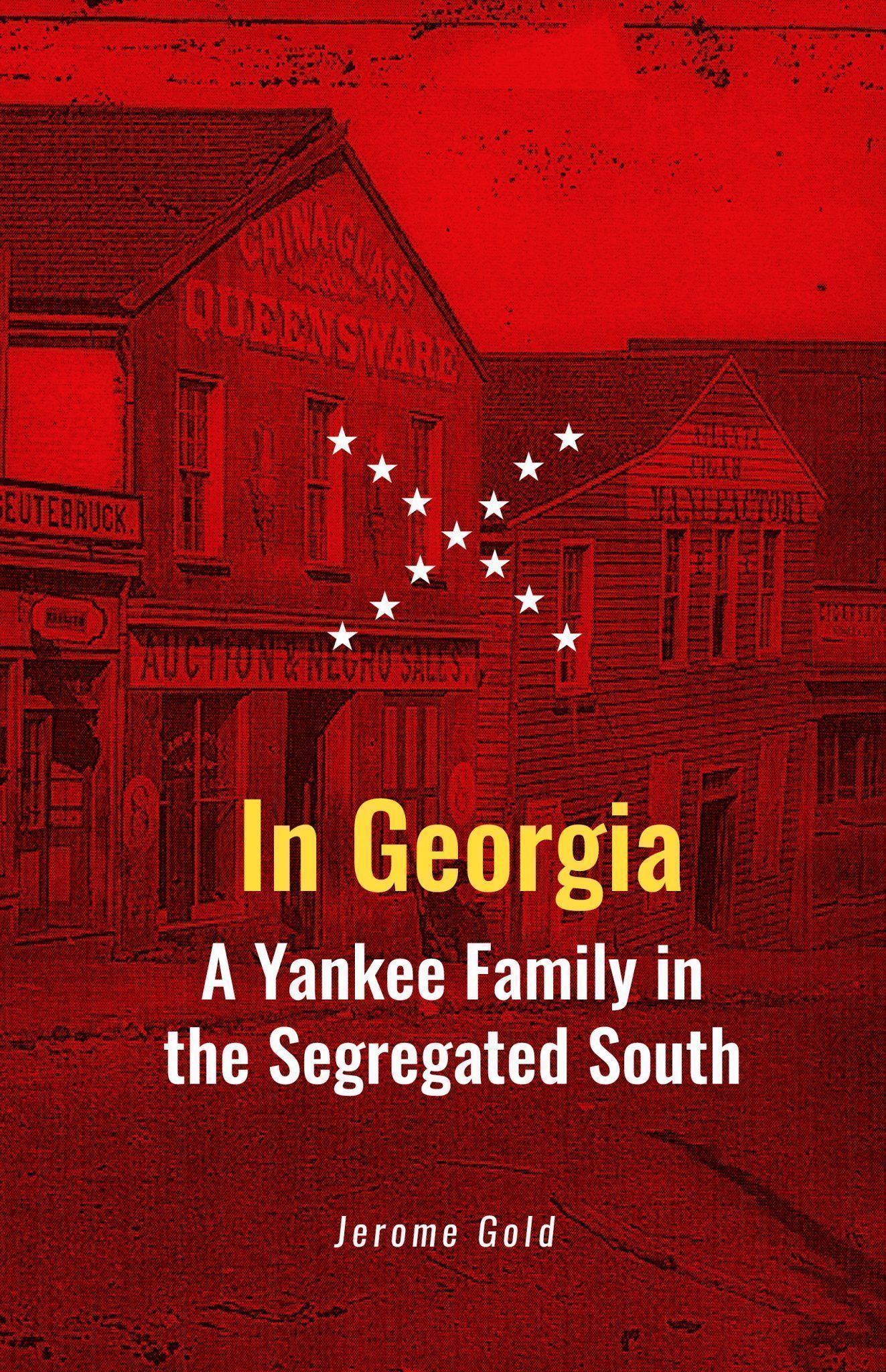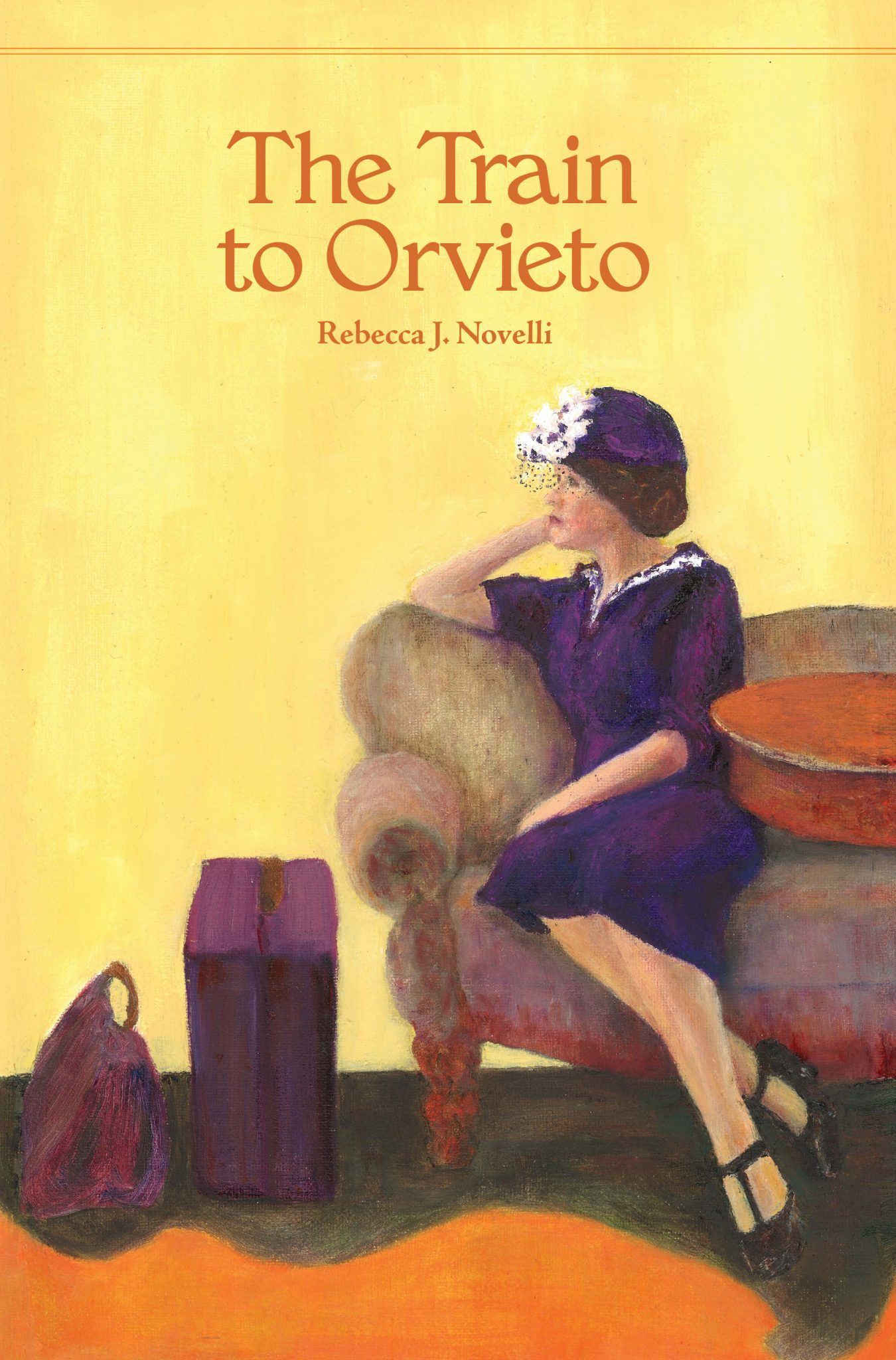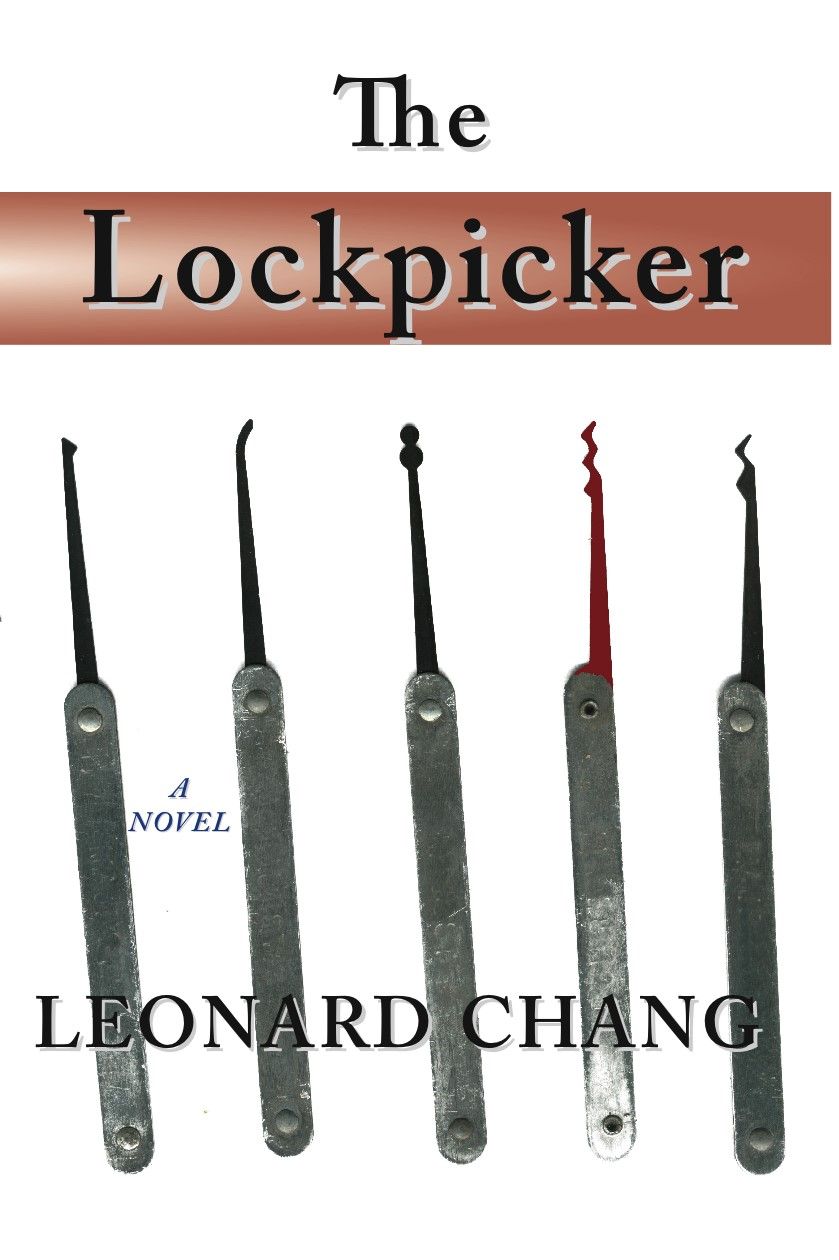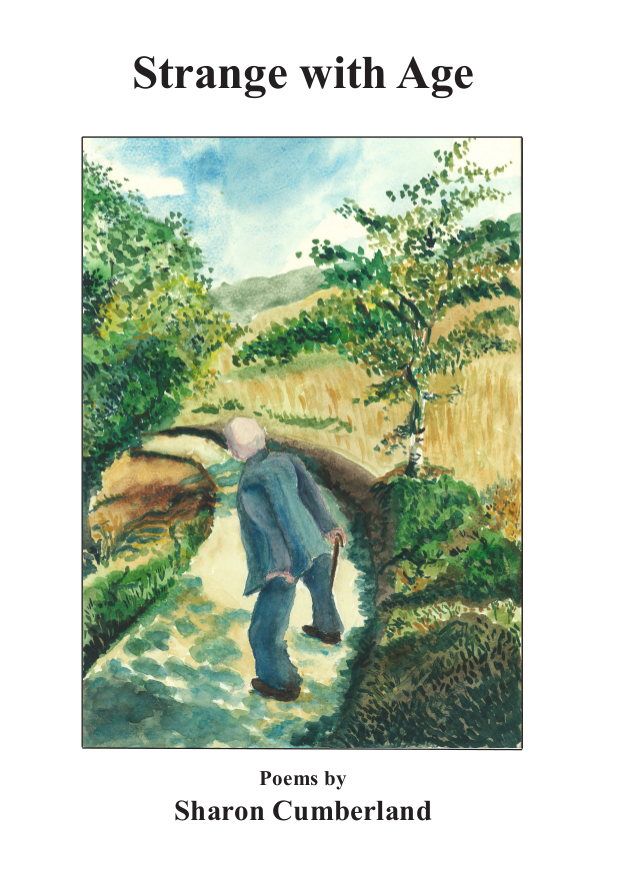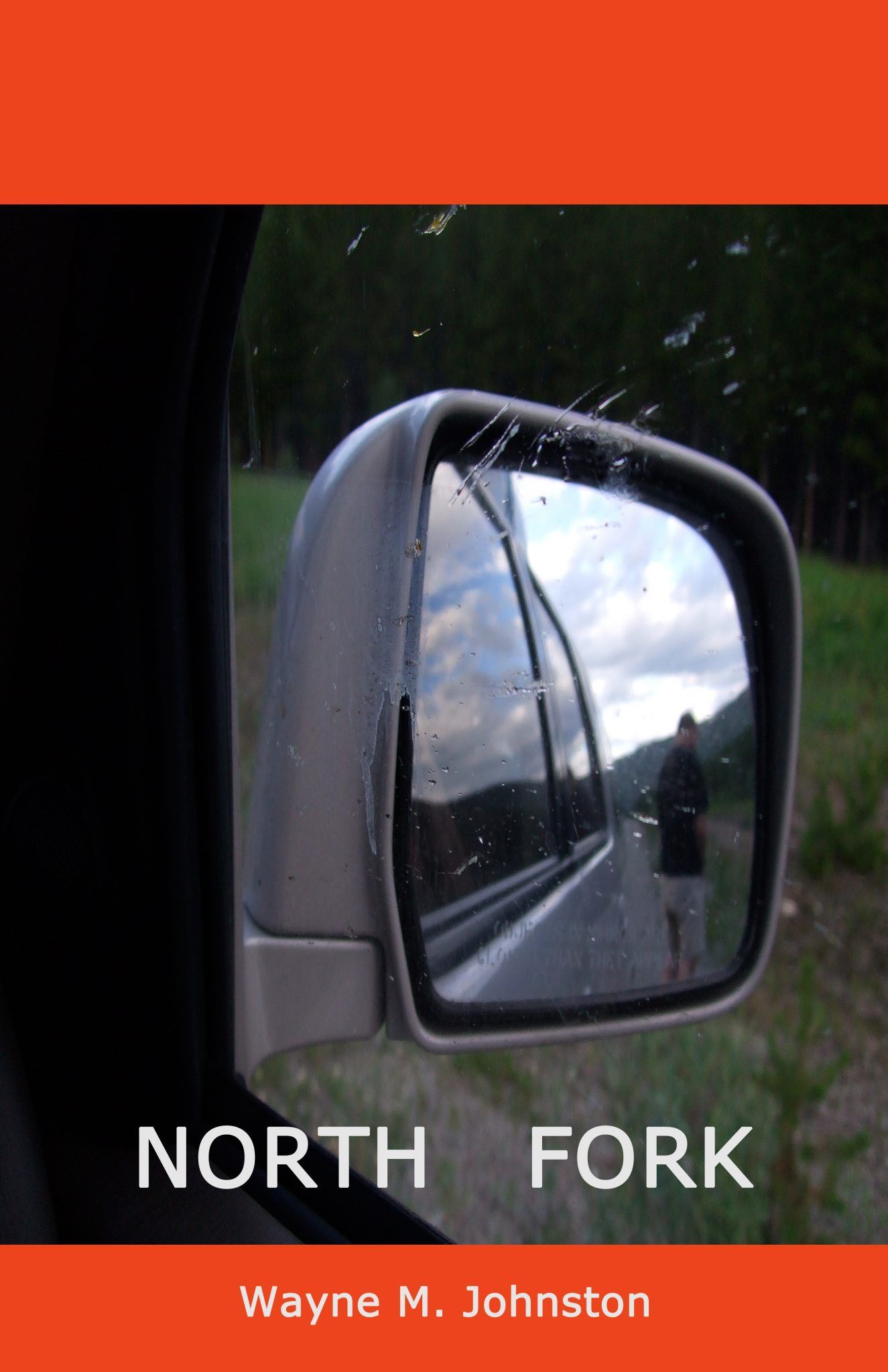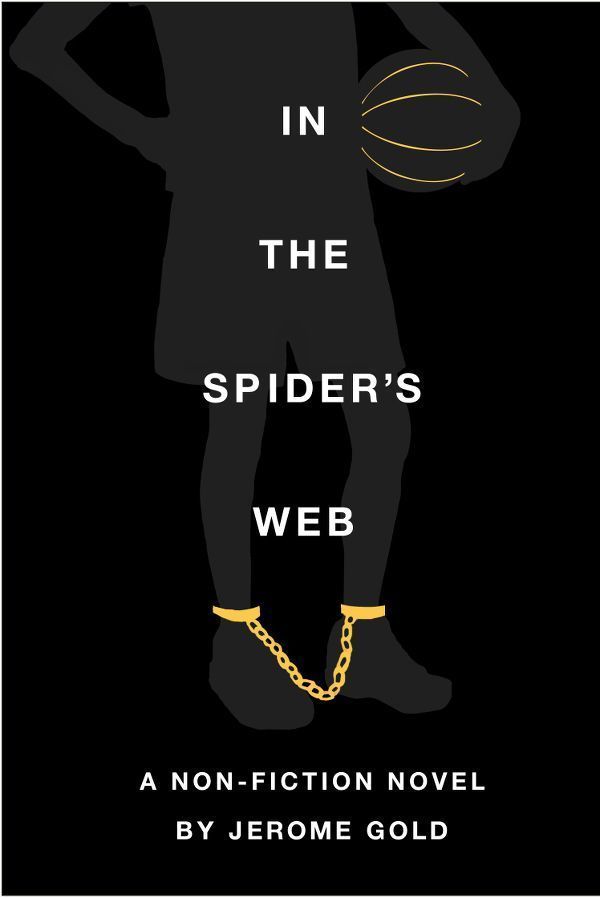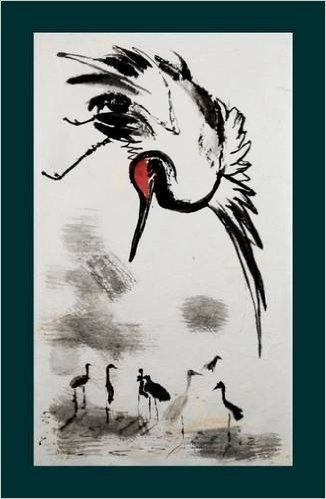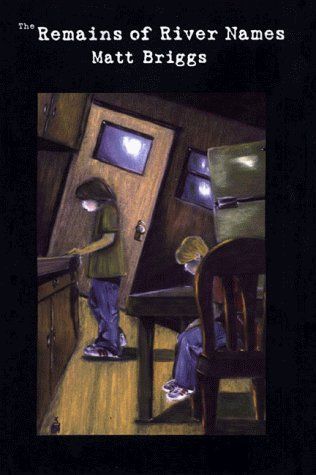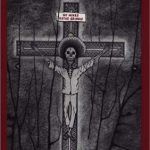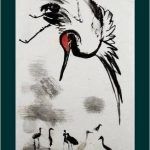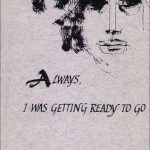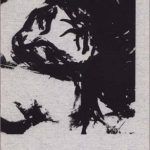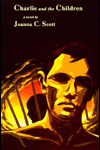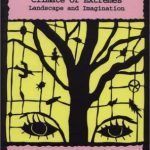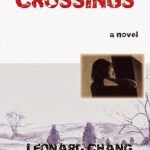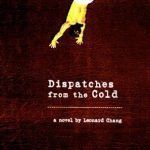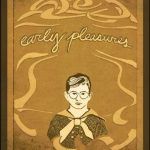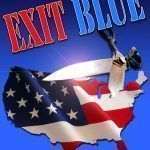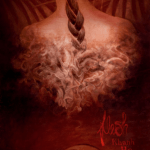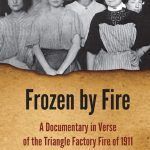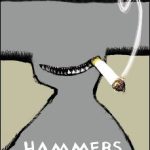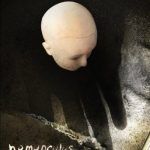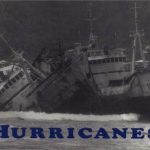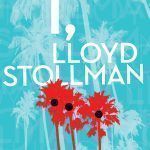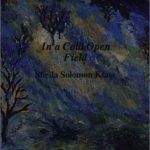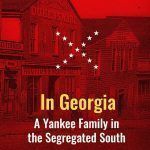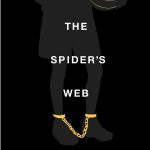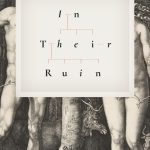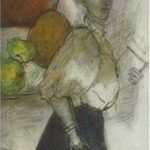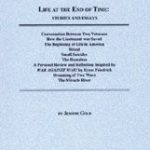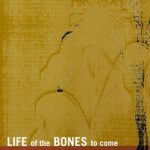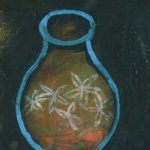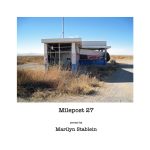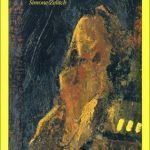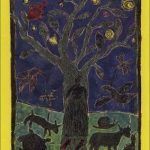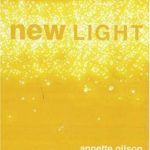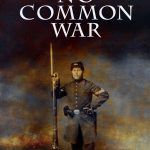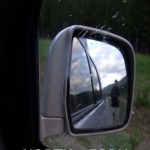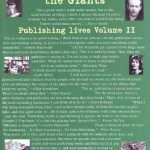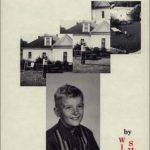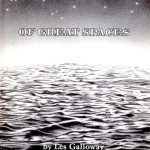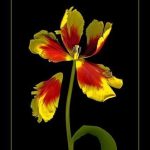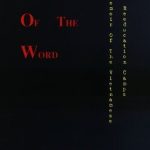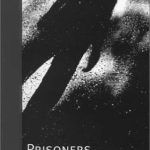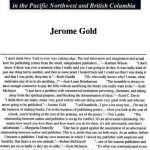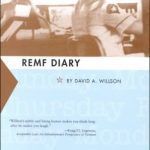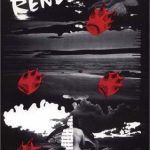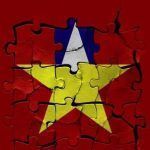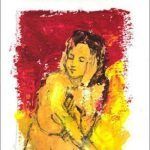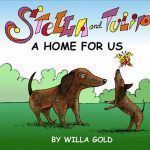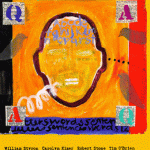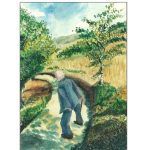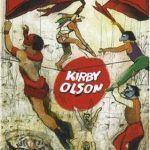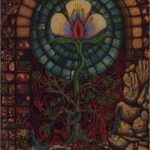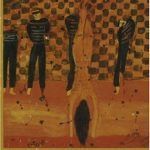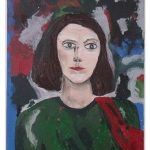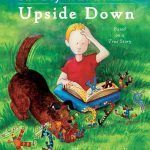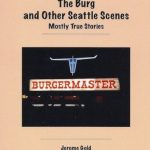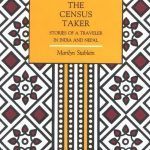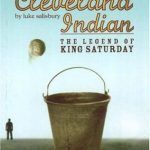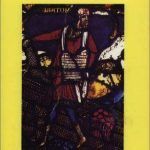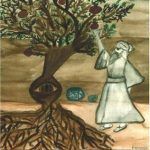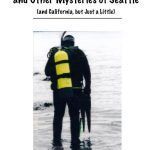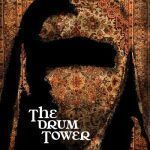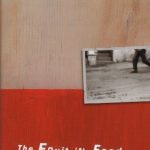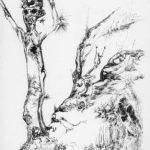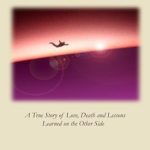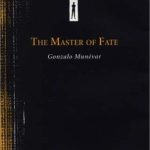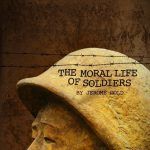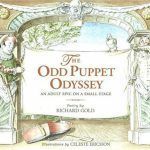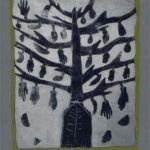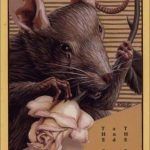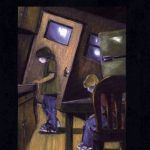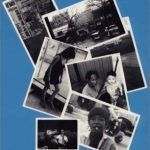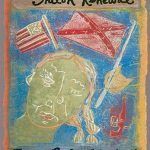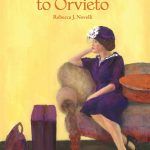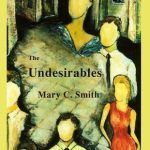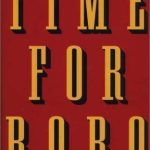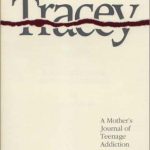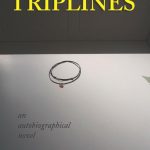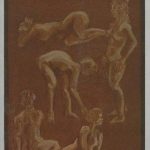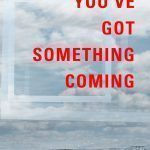Description
Frozen by Fire by Donald Kentop
ISBN: 978-1936364398
Price: $18.00
100 pages
Frozen by Fire is a history in verse of the Triangle Shirtwaist Fire of 1911 and its aftermath. The story spans more than a century, beginning with working conditions in New York’s garment industry. It describes the events leading up to the fire and the fire itself, the effect of the fire on the country, and the boost it gave to labor organizers and advocates for women’s rights. The fire’s victims were almost all teenage girls, Jewish and Italian immigrants or their children. The story, rich in detail, is centered on accounts by survivors of the fire drawn from primary sources. The Public Broadcasting System has documented the fire as part of its American Experience series. It has been shown a number of times since 2014, most recently in January 2021.
Reviews
“Frozen by Fire covers over a century of American history, following the Triangle Shirtwaist Fire of 1911 and it aftermath. In verse. This approach sets the story apart from any other feature of the events that surrounded one of America’s greatest tragedies, painting poetic portraits that run from a prologue of events to the fire itself, and its lasting impact.
An introduction sets the stage by recounting, in prose, the roots of this poetic discourse. It all began when author Donald Kentop, a New York University student attending classes in the Brown Building, came to realize that the structure actually was once known as the Asch Building, and was the site of a tragic fire. Decades after learning this history, Kentop wrote his first poem, then discovered accounts by survivors of this ordeal.
More than a hundred years after the fire, this collection brings history to life in a shocking account of working conditions and experiences that is tempered by a dual attention to preserving the meter and foundations of poetic structure.
Why reproduce this story in verse, then? Because in so doing, Frozen by Fire poses a more personal and vivid impact than the usual account backed by facts, figures, and accompanying dryness.
Kentop’s effort personalizes and produces a history that can reach easily into a much wider audience than the usual staid nonfiction review. The author says it best himself in his introduction: “…the restrictions of verse, paradoxically, liberate characters and events from the prosaics of reportage and open a way of learning through the heart.”
What is best recalled long-term is that this heart-centered method of learning in Frozen by Fire offers a rare opportunity for immersion, adding another notable difference to the effort—quotes from source material, outlines of characters involved in the tragedy at all levels (from owners to survivors and responders), and details that personalize the motivations and actions of all involved.
History is thus presented in a truly unique fashion that does justice to both historical research and facts and to the literary poetic structure that synthesizes and represents them.
The result is highly recommended for two types of readers and library collections: those interested in making history more accessible to lay audiences and who harbor a special interest in working conditions and experiences of the past; and those interested in profiling unusual poetic devices that intersect the seemingly disparate worlds of history and literature.”
— D. Donovan, Bookwatch
“In the 1950s, before Donald Kentop moved across the country to Seattle, he’d been a student in New York City. The opening stanza of his poem, “The Brown Building,” captures those college days:
“We smoked cigarettes at NYU/ And talked of Eisenhower, Kerouac,/ The Beats. Before Rock ‘n Roll we puffed/ On Camels, flicked our ashes on the floor,/ And rode elevators to our classrooms/ In what had once been called the Asch Building.”
It was only later that Kentop learned that the Brown Building, where he’d studied freshman English, had decades earlier been home to the Triangle Shirtwaist Factory, where immigrant women bent over their sewing machines and stitched up the high- necked blouses that represented the fashionable “Gibson Girl” look of the early 1900s.
In another poem, titled “A Matter of Time,” Kentop writes about a fateful day in late March 1911, when fire broke out in the factory, probably due to the arrogance of the male cutters, who “felt they were elite and smoked/ despite the posted signs.”
The scrap bins were overflowing, the floors were oily, the work stations and workers were jammed tightly together, and a conflagration soon engulfed the eighth, ninth, and tenth floors of the building. Catastrophically, the workers were trapped—the owners had made it a practice to lock the doors to keep their employees from leaving without permission.
And there were other fatal mistakes—the sole fire escape collapsed, while the fire department’s hoses shot water up only as far as the fourth floor, and their flimsy nets ripped apart from the velocity of bodies falling from nine stories above. Nearly 150 workers perished in that fire, the worst industrial disaster in New York City’s history.
Kentop concludes his “A Matter of Time” poem with this bitter observation: “The Asch/ Building was in fact built fireproof/ and yet the people working there were not.”
These and other poems are collected in Frozen by Fire, a volume Kentop has written primarily to honor the lives of the young workers—victims and survivors alike—who were caught up in the Triangle Factory Fire. The details about their lives were drawn in large part from oral histories conducted in 1961 by labor writer Leon Stein, who on the occasion of the 50th anniversary of the fire reached out to survivors to conduct interviews about the event. Kentop’s poems contain poignant fragments about those whose lives were cut short.
But in other poems he documents the working conditions, management decisions and lax government policies that contributed to the disaster, as well as the culpability of the American consumers who “were passive to the suffering that lay/ behind their clothes…”
And near the end of this slim but devastating volume, in a piece called “More Locked Doors” Kentop points out that ruthless competition, outsourcing to cheaper countries and poor work conditions still are stitched into the clothing we wear.
— Barbara Lloyd McMichael, Discover Our Coast
“Memory is the mother of the muses, and Donald Kentop’s Frozen by Fire is an important act of remembrance. The particularity of character and line, the complex resonance of the story told lend this book a grave beauty. A documentary, yes—but one transmuted by art.”
— David Mason, Colorado Poet Laureate, 2010-2014, winner of the Nicholas Roerich Poetry Prize, author of Ludlow
“No prosaic history tome better captures the senselessness of these lives cut short than do the simple, elegant poems of Frozen by Fire. I wept as I read. All who care for social justice and who value the beauty of every life must read this book, but beware: once you have, as Kentop says, ‘You are now a witness. If you turn/ your face, the truth will grasp you by the neck/ and bend you to confront these wrongs again.’ The world is a glimmer better because Kentop has refused to look away.”
— Michael Schein, author, historian, and Director of LiTFUSE Poets’ Workshop
“In Frozen by Fire Donald Kentop recreates a world from ashes and memories, breathes life and voice into those who were voiceless even while they lived. The result is stunning. This collection of intricately interwoven poems confronts the horror of the Triangle Shirtwaist Fire and the injustices that made it possible, perhaps even inevitable. Kentop’s passion and craft give us a rare, unforgettable window on another time that is in some crucial ways unsettlingly like out own.”
— Richard Wakefield, author of East of Early Winters and A Vertical Mile
“Donald Kentop has created a skillful and passionate collection of poems that reads like true crime. He portrays the fire’s young victims and survivors as living, breathing people, and turns his sharp eye on a turn-of-the-century New York City filled with civil injustice and greed, forced to face its most vulnerable citizens. Frozen by Fire is personal, disturbing, and timely.”
— Kathleen Flenniken, Washington State Poet Laureate, 2013-2014, author of Famous and Plume
Additional Information
Click HERE to do a search for this book. You will find more information, reviews and additional purchase locations.


